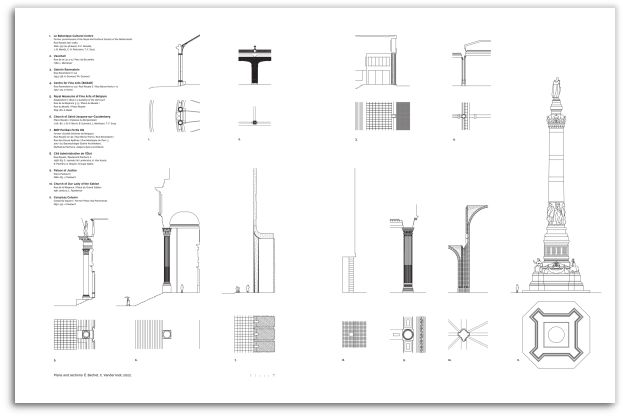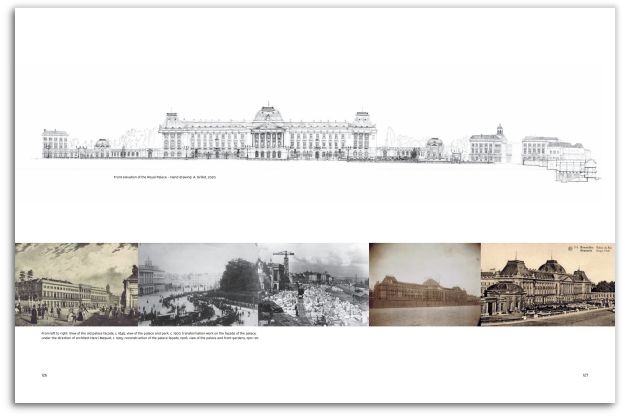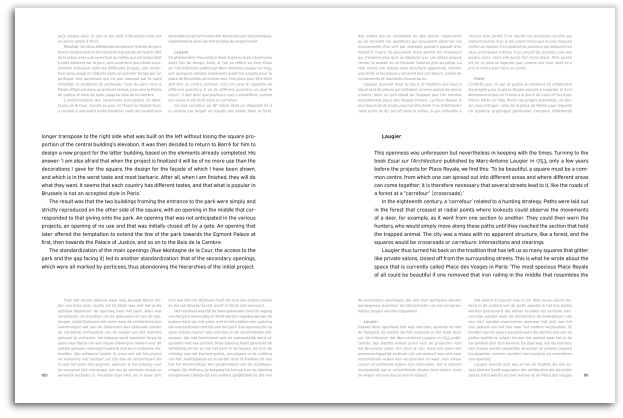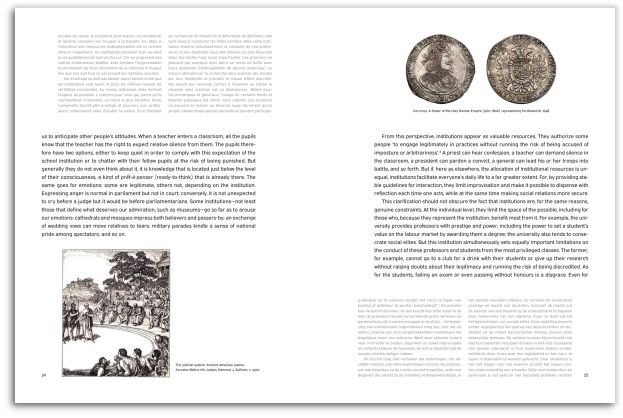Institutions and the City
The Role of Architecture
GVA Gemeinsame Verlagsauslieferung Göttingen
GmbH & Co. KG
Postfach 2021
37010 Göttingen
Deutschland
+49 551 384 200 0
info@gva-verlage.de
Institutionen – Staat, Kirche, Armee, Justiz, Universität, Bank usw., aber auch die Ehe – organisieren unsere sozialen Beziehungen und regulieren Gesellschaften. Sie leiten unser Handeln durch Abgrenzung dessen, was möglich und denkbar ist. Ihr Spielraum hängt dabei vom sich stetig wandelnden gesellschaftlichen Verständnis der Institutionen ab. Eine wesentliche Rolle bei ihrer Etablierung und Aufrechterhaltung spielt die Architektur, indem sie diese Wertesysteme räumlich formalisiert und Ideologien permanente physische Gestalt verleiht. Institutions and the City untersucht diese Rolle der Architektur am Beispiel des Tracé Royal (Königsweg) in Brüssel. Diese Abfolge emblematischer Strassen führt von der Place Royale im Herzen der Stadt bis zur Église Notre-Dame und der königlichen Domäne im Stadtteil Laeken. Mehrere der nationalen politischen, juristischen, religiösen, finanziellen und kulturellen Institutionen Belgiens haben hier ihr Domizil.
Das englischsprachige Buch veranschaulicht, mit welchen Strategien diese sich in die soziale Ordnung des Landes eingeschrieben haben. Es zeigt dabei vergleichbare räumliche Reaktionen und überraschend ähnliche Veränderungsprozesse auf. Und es verdeutlicht die Bedeutung von Architektur in der Schaffung neuer Beziehungen zu öffentlichen Institutionen in einer Zeit, in der soziale, politische und kulturelle Bezugspunkte verschwinden.








